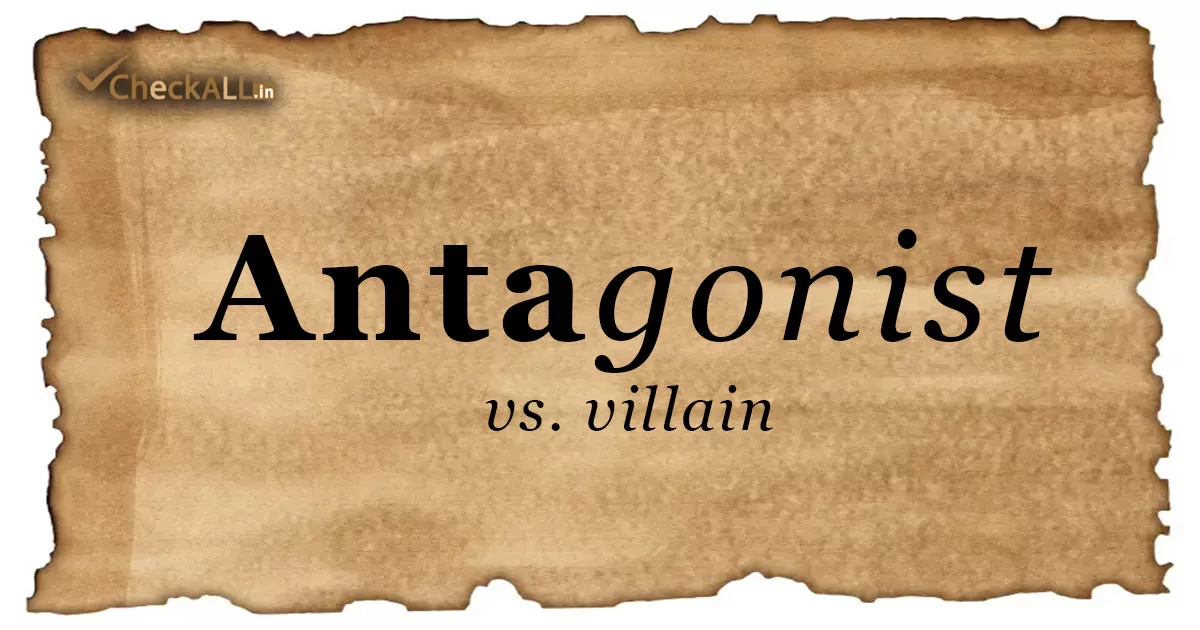
Antagonist is a noun that means one that contends with or opposes another.
antagonist noun [C] (PERSON) : a person who is strongly opposed to something or someone
antagonist noun [C] (MUSCLE): a muscle that performs the opposite action to another muscle, for example making a movement slower or returning the body to its original position
antagonist noun [C] (CHEMICAL) : a substance that stops or reduces a change or reaction in the body
Examples of antagonist in a Sentence
They are interested in character first, and in Don, a foul-mouthed psychopath with a hair-trigger temper and buried longings for Gal’s wife, they have created a truly scary antagonist. — David Ansen, Newsweek, 18 June 2001
In the 1970s researchers discovered that the actions of estrogen and other hormones can be blocked chemically by drugs called hormone antagonists … — David Plotkin, Atlantic, June 1996
Is an antagonist a villain?
As you now know, a villain is simply a type of antagonist—they constitute the dark sides within the protagonist. However, an antagonist is merely a reflection of whatever the protagonist lacks. They’re the creators of conflict. They do not have to be bad people or even human.
What is the protagonist and antagonist?
A protagonist and antagonist are opposites – antonyms. The protagonists are generally the good guys (even it means that sometimes they are antiheroes) while antagonists are generally the bad guys.
As you came here, it’s obvious that you are curious to learn more about the word “Antagonist“. So we have handpicked a few more interesting English words for you below, Check them All
You might find this word game “Word Wonder” very interesting, you can download the “Word Wonder” word game from google play 
Looking to expand your vocabulary? Take a peek at these weird words to add to your regular, day-to-day conversations.
Please share if you like the words, it will certainly help others.